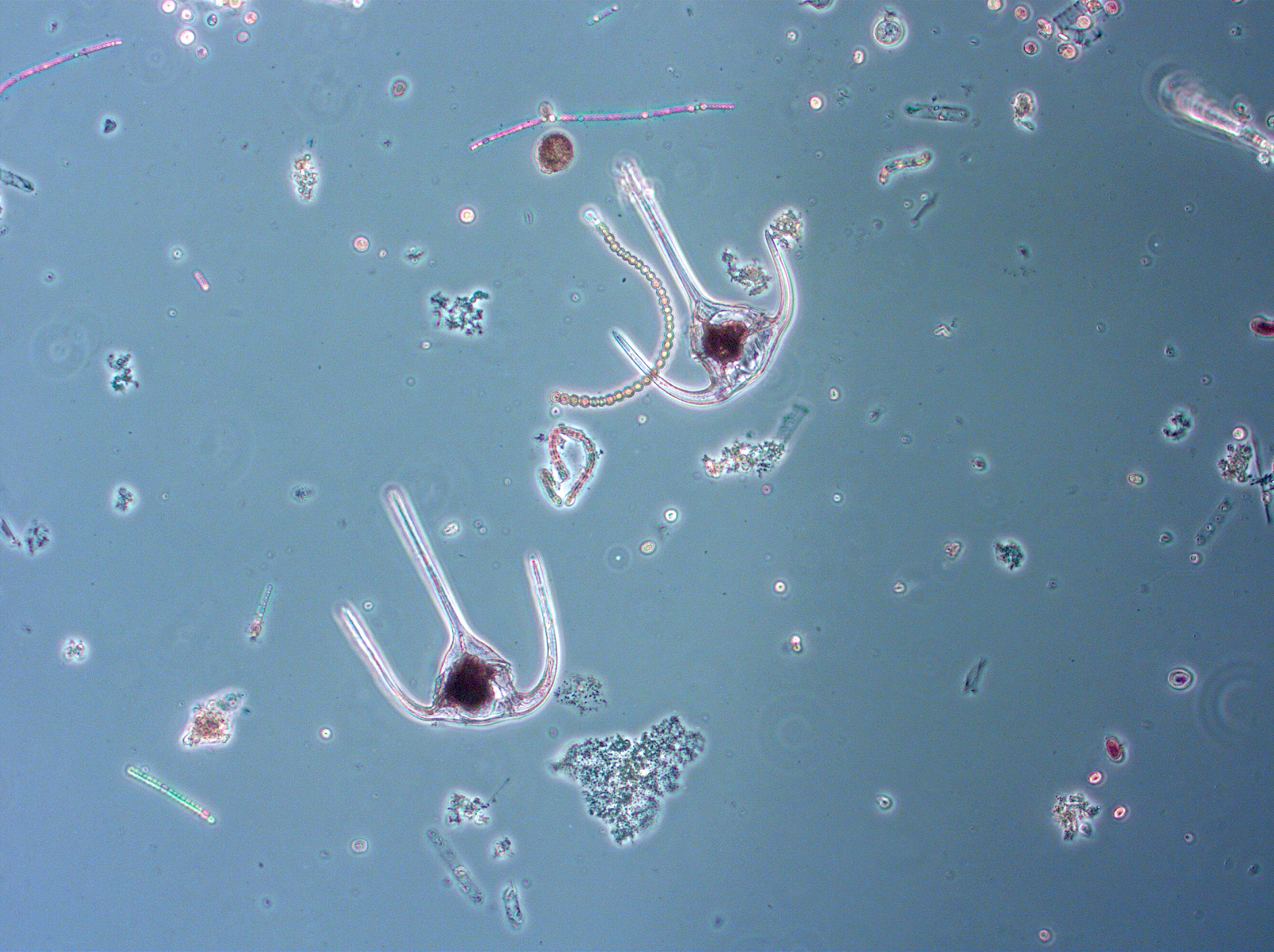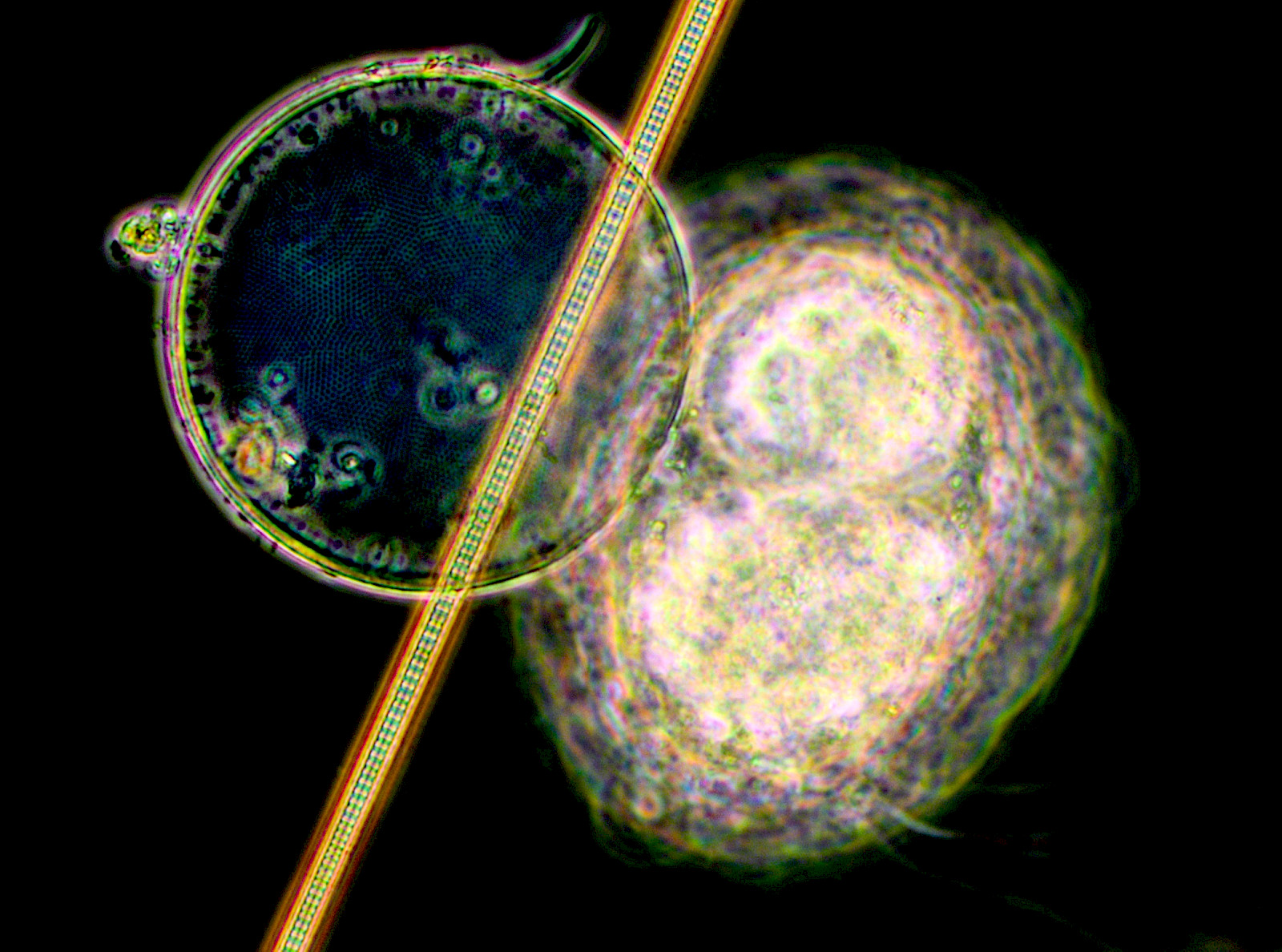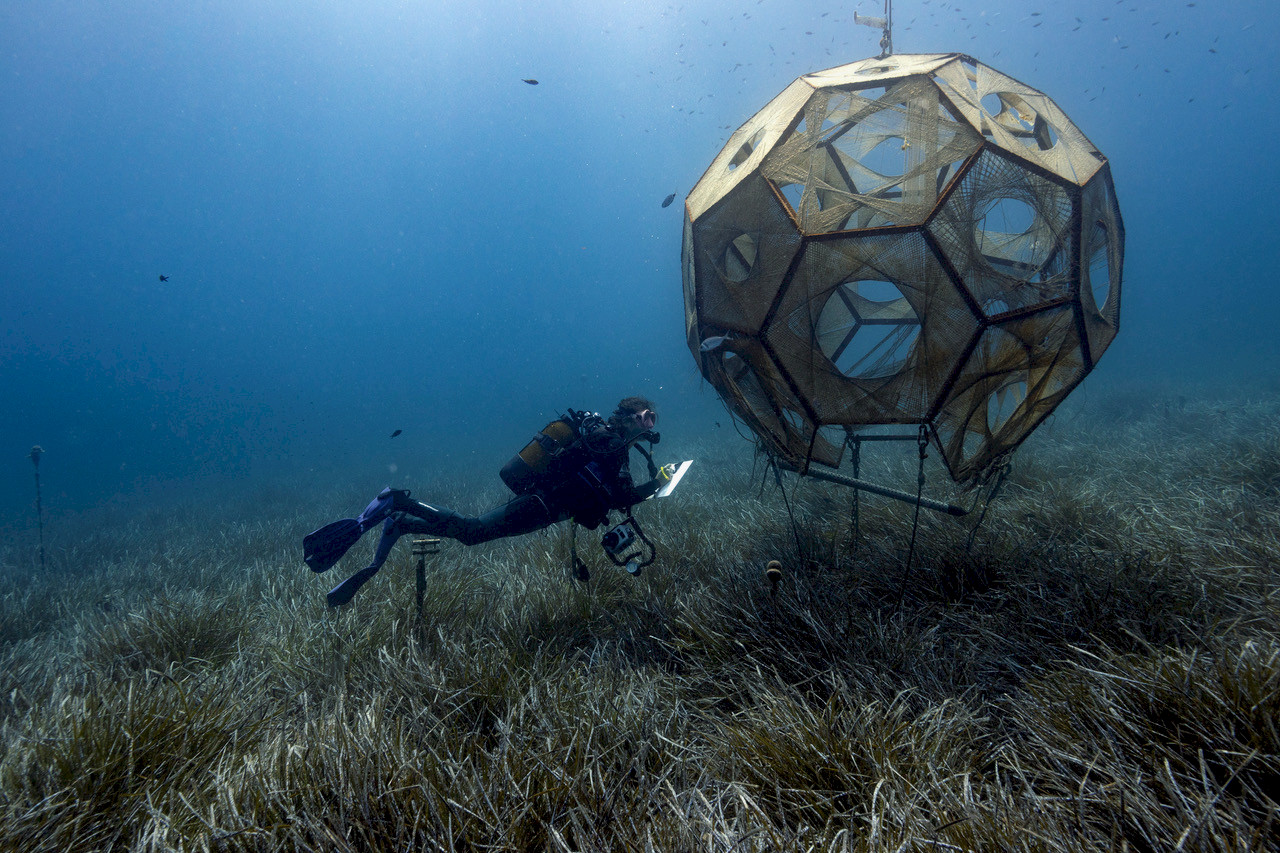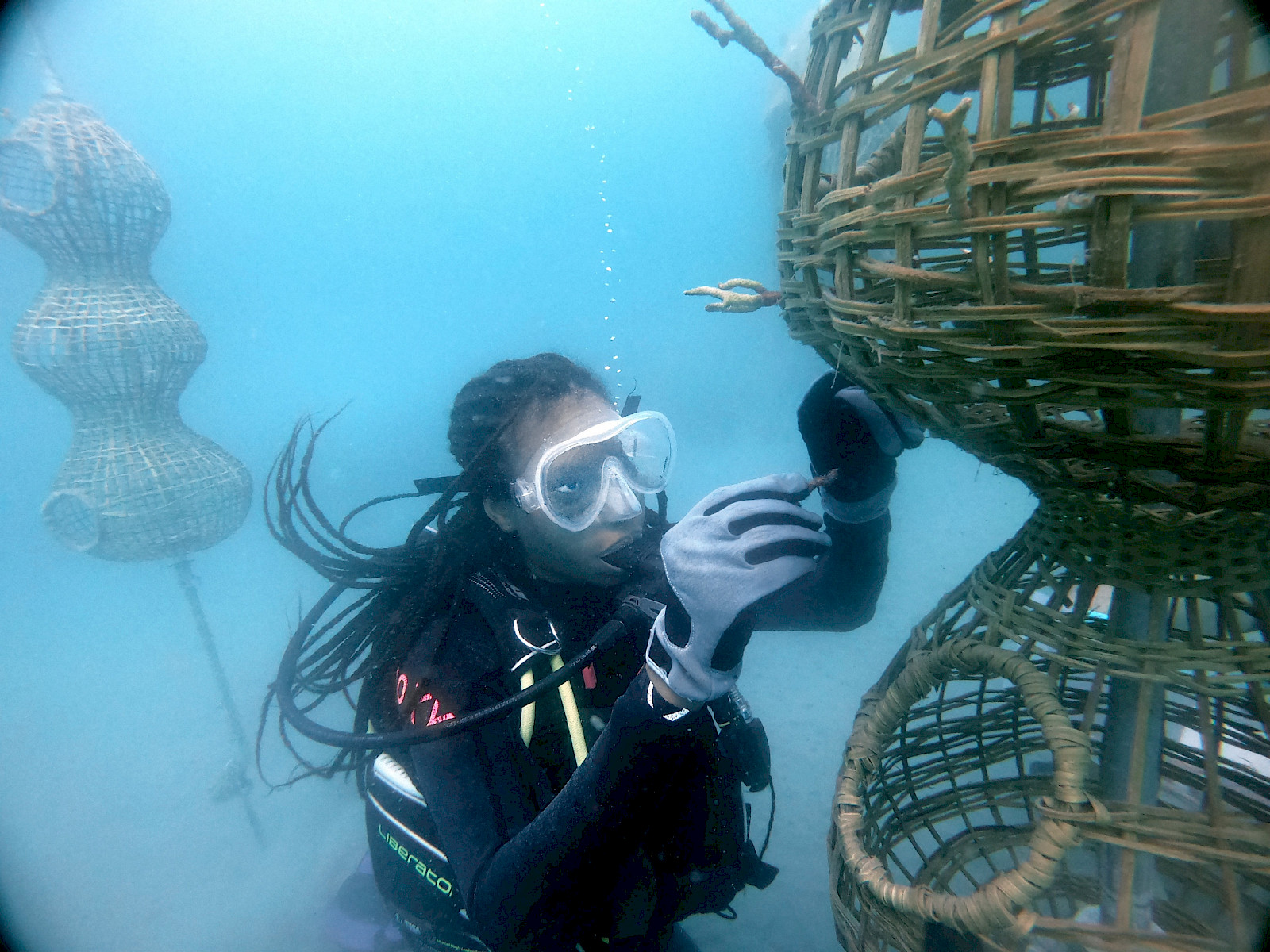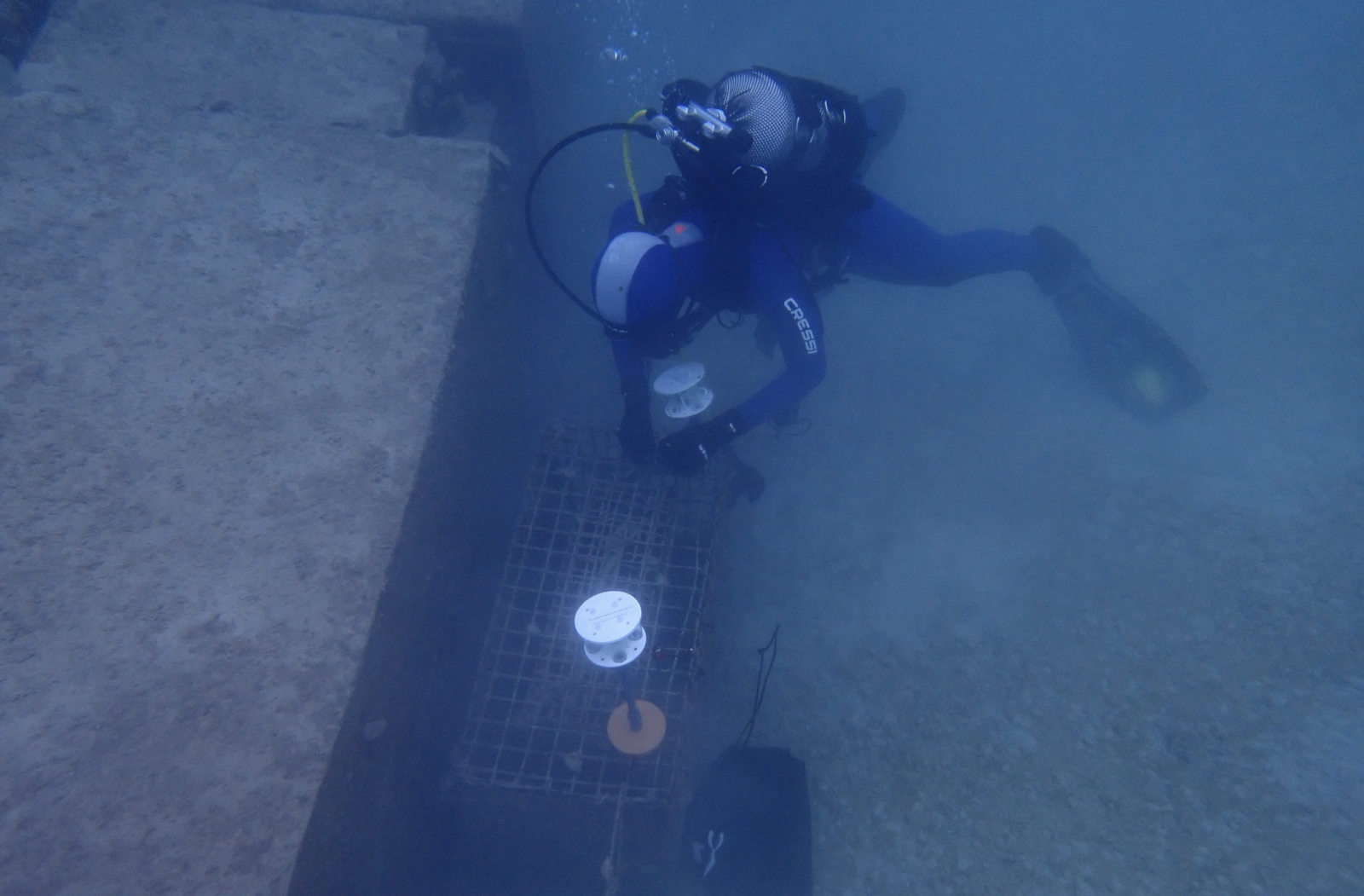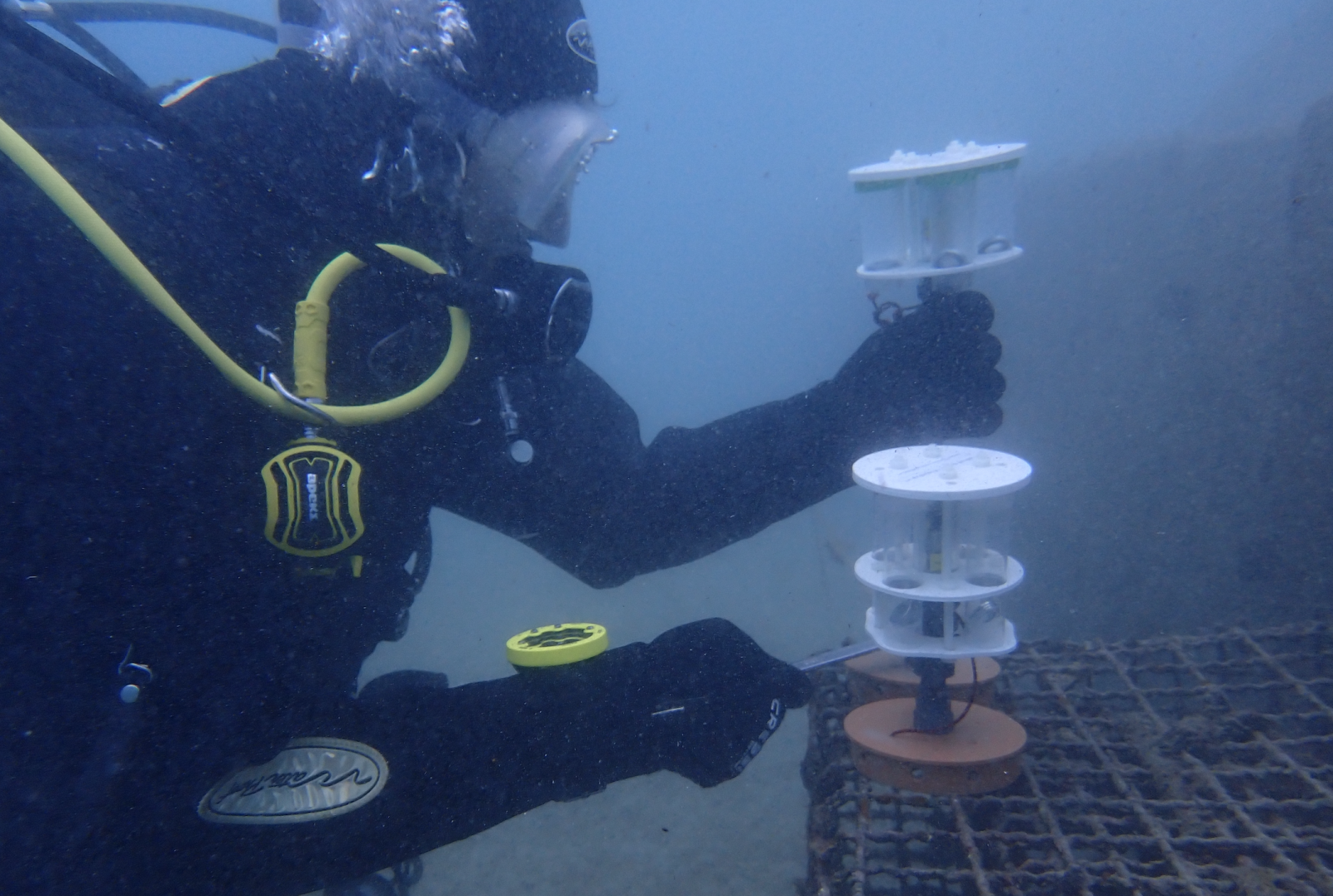Interfacing the Ocean
Towards a Sea Change in Design
ocean.zhdk.ch
Moved by urgent warnings from environmental sciences about the ocean facing critical ecological tipping points, the research project “Interfacing the Ocean” (ItO) aims at establishing a new perspective on design in and with the ocean. The project seeks to initiate a Sea Change in design research in collaboration with marine biology and anthropology, by asking: How can design research practices in and with ocean environments support sympoetic underwater processes, foster sensitive human-marine species interactions and encourage multispecies coexistence?
A shift of attention from land to sea is under way in several fields of the humanities simultaneously. Deriving from a species turn, anthropology and environmental humanities have begun to work on the question of more-than-human ontologies. They reorient their scientific practices from the human to other species that intersect with human lives through material flows and their embodied experiences within specific environments. They advocate for establishing a more sensitive relationship with the ocean, as a complex, fragile, intelligent and multispecies environment, that offers unknown terrain to think and act differently with. The efforts of the UN-declared “Ocean Decade 2021-2030” and numerous conferences on urgent ocean issues clearly underline the emerging debate in the political, ecological, and societal sphere on practically developing concrete future scenarios for affected aquatic environments.
Although we inhabit a blue planet, the pressing issue of the fundamental transformation of marine ecosystems caused by human activity has yet to be sufficiently addressed in design research. The project ItO seeks to close this research gap by developing alternative ways of intervening in and relating with the ocean and its intricate web of life.
ItO claims that researching entangled oceanic presents and futures can radically transform design practices by extending them towards more sustainable forms of multispecies interaction and co-creation. Ontologically and practically the project aims to shift the design focus from a human-centered towards a more-than-human and aquatic perspective. Led by interaction design and supported by partners from marine biology (Jordan Lab, Max Planck Institute for Animal Behavior), anthropology (BLUE:
More-than-Human Ethnographies of Oceans in Crisis, Aarhus University), artistic research (TBA 21, Ocean Space), and cultural studies (University of Art and Design Linz), the ItO team develops methods, material prototypes and interfaces together with conceptual frameworks for marine environmental relations and interactions. To support a sea change in design, the practice-based project creates local and situated cases studies in underwater habitats in Corsica (FR), Pula (HR), and Venice (IT).
ItO is structured in three work packages:
1. Underwater Field Research
2. Immersed Prototyping
3. Reflection and Theory
The design research methodology confronts the benefits and challenges of marine fieldwork above and underwater together with prototyping with/in habitats through their integration in specific marine locations.
In continuous dialogue between these immersed practices and their theoretical embedding, the ItO team will develop the conceptual framing for an aquatic design strategy. The project team will continuously contribute their findings to an international discourse within the academic community but also to a public audience through events and publications: an online archive of the fieldwork data and methods, three research workshops, an international symposium, conference papers, journal articles, three PhD theses, exhibits, an anthropologist-in-residence program, a shared book publication summarizing the debate, and a final exhibition.
Project lead:
PhD Candidates:
Research Partners:
- Jordan Lab, Behavioural Evolution Research Group, Max Plank Institute (Prof. Dr. Alex Jordan, director)
- BLUE: More-than-Human Ethnographies of Oceans in Crisis, Aarhus University (Prof. Dr. Nils Bubandt, director)
- TBA 21, Ocean Space, Venice, Italy (Markus Reyman, director)
University of Art and Design Linz (Prof. Dr. Karin Harrasser, vice-rector)
Local Partners:
- STARESO, Station de Recherches Sous-marines et Océanographiques de Calvi, FR
Centar za Podvodne Aktivnosti Pula, HR
Further Experts Board:
- Prof. Dr. Stefan Helmreich, professor for anthropology at Massachusetts Institute of Technology
- Markus Reyman, director of TBA21 Space for artistic research in marine environments.
- Marie Griesmar, designer and Prof. Dr. Ulrike Pfreundt, ocean scientist, cofounders of Rrreefs e.V.
- Prof. Dr. Khadija von Zinnenburg Carroll, artist and historian, Central European University
- Prof. Dr. Thomas Goreau, biochemist and co-inventor of Biorock and head of Global Coral Reef Alliance
Website:
Duration:
- 01.11.2023 – 31.10.2028
Funding:
